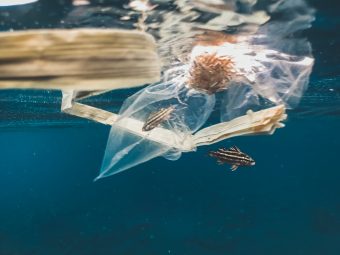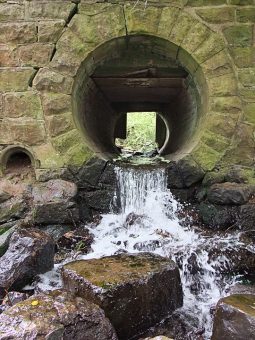
The European Commission reacted positively to the temporary political agreement concerning the Urban Waste Water Treatment Directive, which is a significant step in the protection of human health and the environment from the consequences of urban pollution.
The revised directive aims to clean up rivers, lakes, groundwater and seas across Europe, reducing the harmful effects of urban wastewater.
The new directive standards introduce a number of key changes. The first is the removal of usable nutrients from urban wastewater and the implementation of stricter standards for micropollutants. It is important to note that the directive will now apply to a larger number of areas, including smaller agglomerations with more than 1,000 inhabitants.
In accordance with the polluter pays principle, which now takes centre stage with the revised directive, the new legislative framework should ensure that certain industries bear part of the costs of environmental protection, thus reducing the burden that falls on consumers through various tariffs.
More:
- NEW EU STANDARDS – WHERE IS THE BEST DRINKING WATER?
- FROM JAMAICA TO THE SAHARA: THE STRUGGLE FOR WATER RESOURCES
- ABB ACQUIRES INNOVATIVE OPTICAL SENSOR COMPANY TO EXPAND SMART WATER MANAGEMENT OFFERING

This important novelty, i.e. the polluter pays principle, will be specifically applied in the water sector, while the pharmaceutical and cosmetics industry will have to cover at least 80 percent of the costs of removing microplastics.
Another novelty is the improvement of rainwater management, which has become increasingly important in the context of climate change. The directive foresees measures to better manage these challenges.
We recently reported about how the city of Zagreb is investing money in this very issue, given that the Balkan region in 2023 faced large amounts of precipitation during supercell storms. The Mayor of Zagreb pointed out that the main goal of those investments is to prevent urban flooding, which is becoming more frequent due to intense rains that exceed the capacity of the existing drainage system. Currently, Zagreb uses a mixed drainage system, where both rainwater and sewage liquid are drained through the same channels. This system can lead to flooding of polluted waters when heavy rains exceed the system’s capacity, the Zagreb authorities say.
Energy portal



